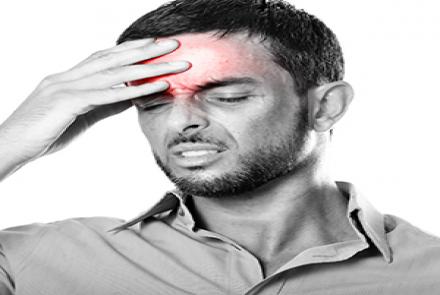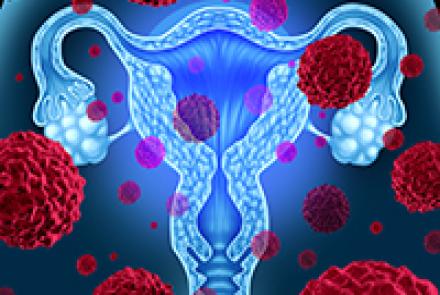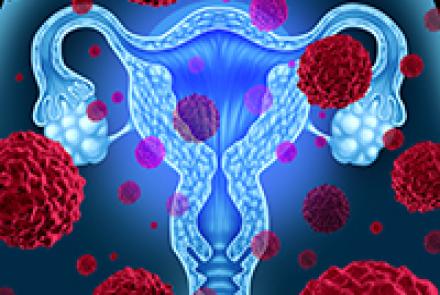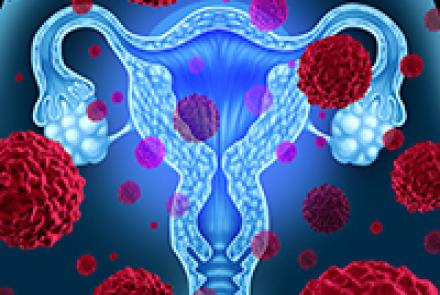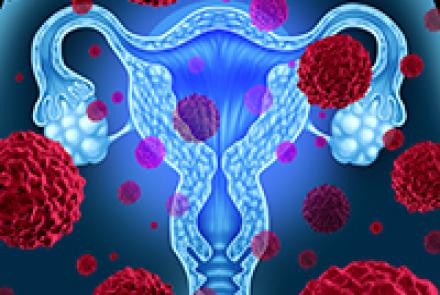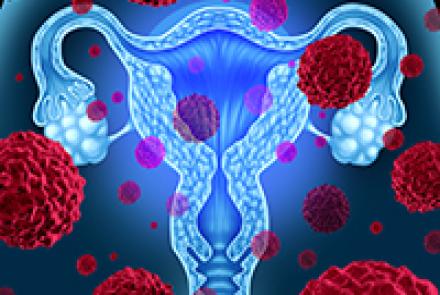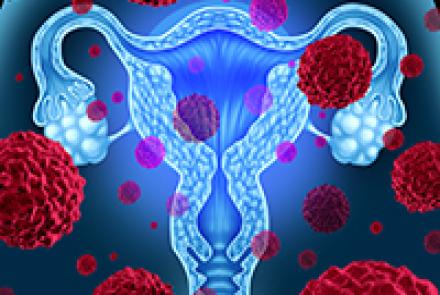Porrselvi A.P. a cognitive and psychosocial interventions specialist shares the six common migraine triggers for men and women. And what you should do to pro-actively manage your migraine.
Migraine is a severe, recurring and throbbing pain, usually on one side of the head. It is a chronic neurological disorder in which a throbbing, pulsating type of headache is only a symptom. Migraine is actually caused by the uneven vasodilation of the cranial blood vessels (…
Latest Stories
- Today is World Kidney Day and the theme this year is ‘Kidney Disease & Children – Act Early to Prevent it’. We spoke to Dr Pankaj Deshpande, pediatric nephrologist, to apprise us about kidney disorders in children and how they can be alleviated. What are some of the common kidney diseases/disorders in children? How does it affect them? There are many kidney illnesses in children and that actually evokes surprise in a lot of people as they are quite unaware that kidney…
- Yes. Almost 70% of cervical cancers can be prevented by it, says obstetrician and gynaecologist Dr Chandan Dubey, and strongly advocates that the HPV vaccine be made part of the national immunization programme. What does screening for cervical cancer involve? Cervical cancer is the most easily preventable gynaecologic cancer because cervix is so accessible to screening. Cervical cancer screening involves 2 tests: Pap smear or liquid based cytology (LBC): This test involves…
- Can cervical cancer be prevented? Cervical cancer starts with precancerous changes to the cervix. You can find and treat precancer with regular Pap tests and HPV tests or you can try to prevent precancer by controlling possible risk factors of Cervical Cancer. Annual Pap test is a must! This form of cancer can sometimes develop without our knowledge so the biggest self-help tip is to get your regular screening check-ups! Take the HPV vaccine There are two HPV vaccines (Gardasil…
- In addition to the treatment options covered in Cervical Cancer Treatment section, it is important to manage the lifestyle aspects as well. Food and nutrition Eating right is a key part of cancer treatment. You need to keep your body as strong as possible before, during and after treatment, so you need to take in enough nutrients. Keep the following in mind: Increase your intake of fruits, vegetables, whole grains, and high-fibre foods Up your intake of Vitamin A, which is associated with a…
- There are many tests that may be done to detect and confirm Cervical Cancer Medical history and physical exam: First, the doctor will ask you about your personal and family medical history. This includes information related to risk factors of cervical cancer and symptoms of cervical cancer. He or she will do a complete physical exam. The doctor will do a pelvic exam and may do a Pap test if one has not already been done. In addition, your lymph nodes will be checked closely for evidence of…
- Depending on the individual patient, treatment options may include chemotherapy, radiotherapy, surgery or a combination. It is important to understand the purpose of the treatment, which may vary. In some cases, the treatment aims to ‘cure’ the cancer or ensure ‘remission’. (Doctors tend to use the word ‘remission’ rather than ‘cure’ as in some cases the cancer returns after months or years.) In some cases, treatment aims to control the cancer – limit its growth and keep you free of symptoms…
- There are two main types of cervical cancer: Squamous cell cancer Adenocarcinoma They are named after the type of cell that becomes cancerous. Squamous cell cancer Squamous cells are the flat, skin-like cells lining the ectocervix, which connects to the vagina. Around 7 to 8 out of 10 cervical cancers are squamous cell cancer (70 to 80%). Adenocarcinoma Adenomatous cells are gland cells that produce mucus. The cervix has these gland cells scattered along the inside of the passageway…
- Are you at risk of developing cervical cancer? Risk factors include the following HPV infection (Human papilloma virus): Human papilloma virus (HPV) is the major cause of the main types of cervical cancer – squamous cell cancer and adenocarcinoma. HPV is a common virus. Most sexually active women come into contact with HPV during their lifetime. There are over a 100 types of HPV and not all that cause cancer. The body can shake off the infection on its own. But there are some types of high…

